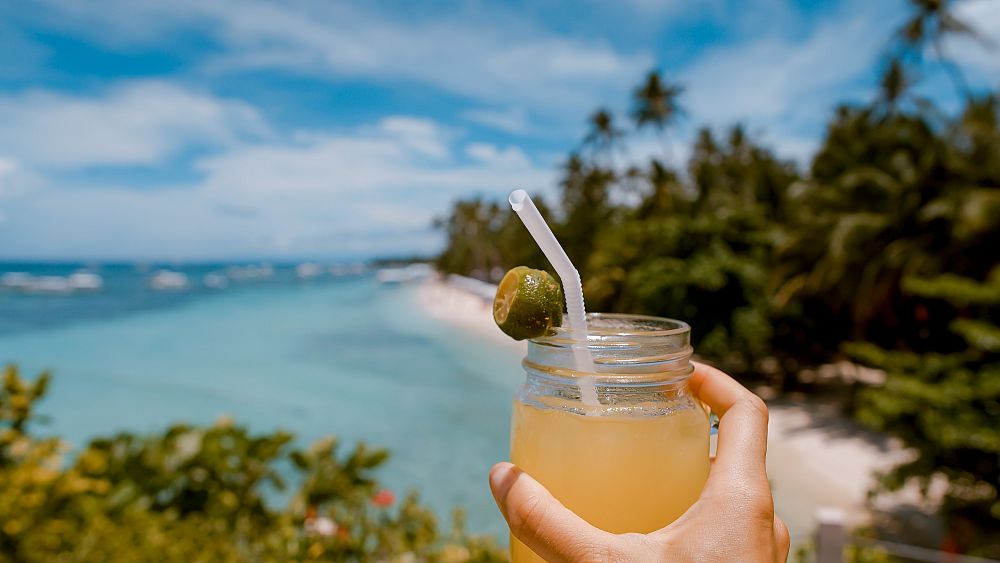
Choosing to stay an extra day could mean a lower cost holiday, according to research by Which?
Spending more nights away could actually mean you pay less in some cases.
Consumer champion Which? found that certain longer-duration package holidays can mean saving money.
It can also benefit destinations as tourists who spend longer in one place explore lesser-trod areas, secondary attractions and smaller businesses.
How adding extra nights to your holiday could save money
Choosing to stay an extra day could mean a lower cost holiday, according to research by Holiday Which?
The consumer choice site compared the prices in April of 400 package holidays for August from travel companies including easyJet holidays, Jet2, Love Holidays, On The Beach and Tui.
The group found that in 26 cases, staying for 11 nights cost less than staying for 10.
The results also showed that in many instances extending a trip by one night would mean paying under £5 (€5.80) extra per person.
For example, Which? found that for two people booking an all-inclusive, four-star package in Fuerteventura with Tui in August, staying for 11 nights instead of 10 would save £1,188 – a reduction of 28%.
The shorter holiday would have cost £4,148 (€4,827), but extending by one night cut the price to £2,960 (€3,444).
In another option from Tui, a two-person, 11-day booking with breakfast in a twin room with a balcony or terrace in Corfu could mean saving £292 (€340) per person. This would mean reducing the price of the trip by nearly a third from £1,862 (€2,168) to £1,278 (€1,488).
Alternatively, by paying just £1 (€1.16) more per person, you could have an extra night in Crete with an easyJet package. The total cost would be £2,544 (€2,962) for two people sharing with breakfast for 11 nights compared to a 10-night price of £2,542 (€2,959).
These savings are possible thanks to a range of factors including supply and demand. A 10 day trip is usually more popular than 11 days, for example, while varying flight days can also have an effect.
Staying longer benefits your destination
Staying longer in one place is also a more sustainable form of tourism.
“Where tourists have more limited time to explore a locality, they are likely to stay centrally and to focus on visitation of the major attractions,” researchers write in a paper published in the Journal of Sustainable Tourism.
This means overcrowding certain key sites and zones. Staying longer, on the other hand, means more opportunities to visit secondary tourist attractions and areas of a destination that tend to be overlooked.
It can also mean frequenting smaller, local businesses and interacting more with the resident community.